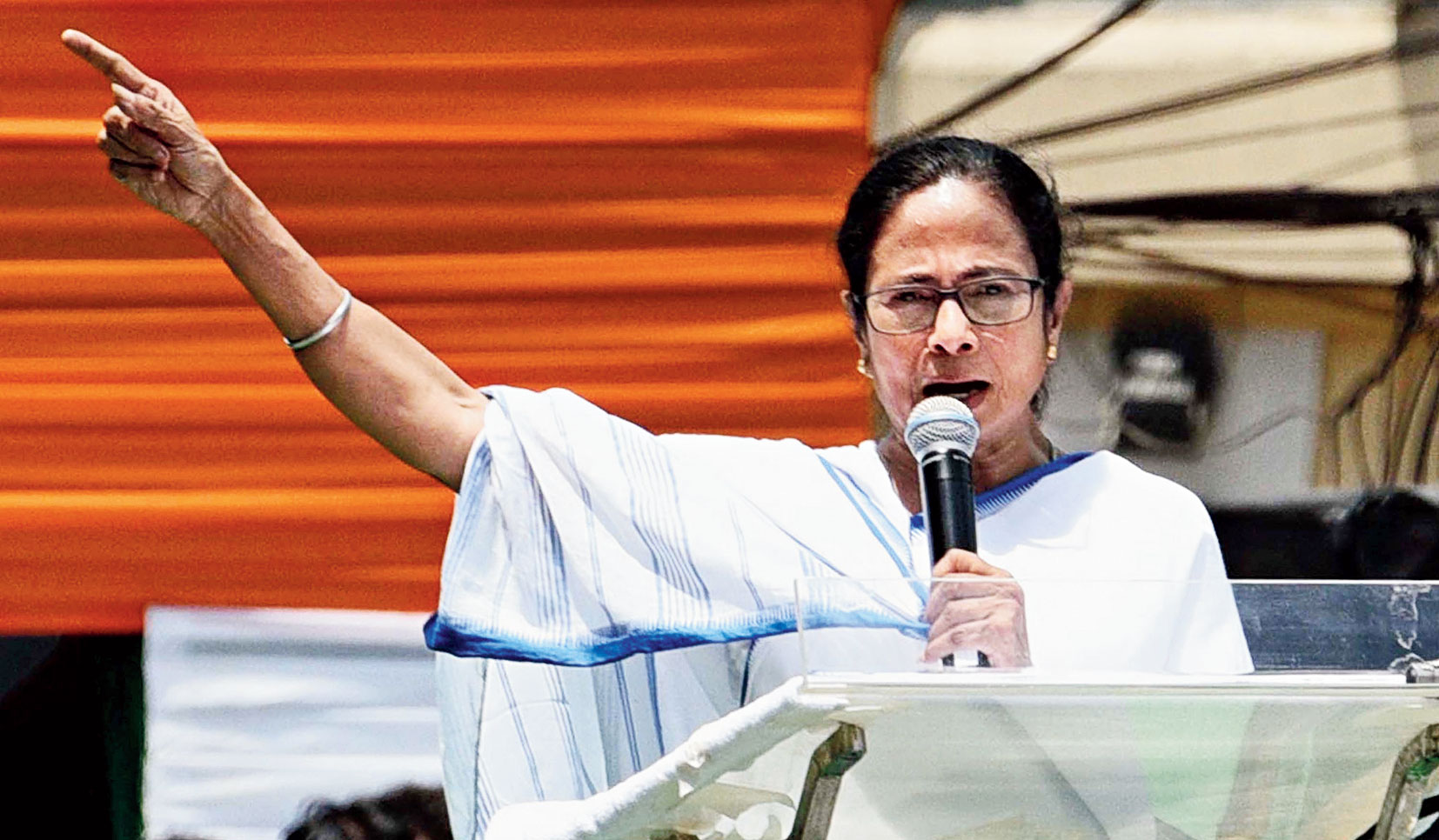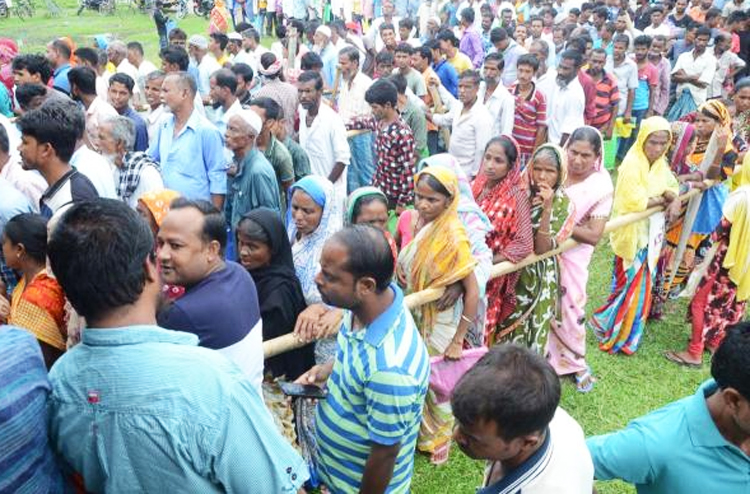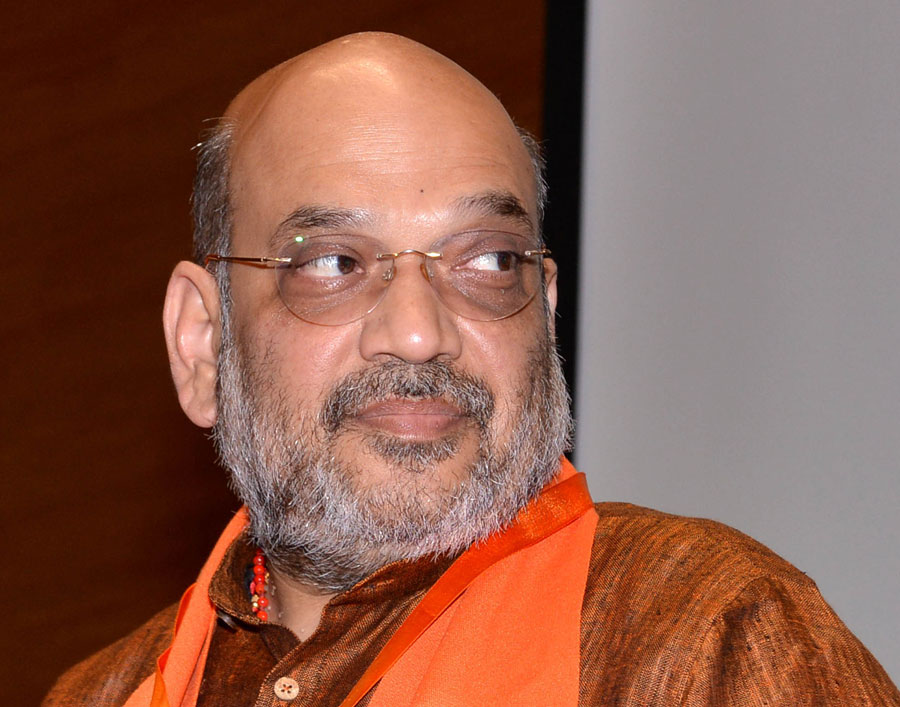The year 1971 changed the map of post-colonial South Asia with the emergence of Bangladesh after the breakup of Pakistan. This year did not merely establish the supremacy of the Indian military in the region within nine years of its humiliating defeat at the hands of the Chinese army; it also marked the ideological victory of the Indian idea of a secular, inclusive polity over M.A. Jinnah’s two-nation theory. When the Baloch rebellion broke out in 1973-74, it only justified the apprehensions of Maulana Azad about the unsustainability of Pakistan. The founder chief of the Research and Analysis Wing, R.N. Kao, could not oblige Indira Gandhi with a sustained covert operation to support the Baloch rebellion the way he could orchestrate the takeover of Sikkim under the nose of the Chinese. But India did emerge as the prima donna in South Asia after 1971.
The creation of Bangladesh removed the military threat posed by Pakistan to India’s Northeast, tenuously linked to the mainland by the Siliguri corridor. It put an end to Pakistan’s covert offensive in the east through its sustained backing of the Naga and then the Mizo insurgencies in collusion with China. It revived the possibility of restoring the pre-Partition transport linkages of Northeast India through Bangladesh. Last, it left Pakistan deeply vulnerable to threats of Balkanization.
The 1975 military coup in Bangladesh and the return of Pakistan-style military rule temporarily undid some of the gains, but only for a while. The restoration of democracy in Bangladesh in the 1990s and the return to power of the pro-India Awami League under the leadership of Sheikh Mujibur Rahman’s daughter, Sheikh Hasina Wajed, has helped India reap the benefits of having a friendly neighbour to its east. Wajed has decisively addressed India’s security and connectivity concerns — the northeastern rebels have been driven out or handed over to India and rail, road and coastal shipping links through Bangladesh are giving a huge boost to India’s ‘Act East’ thrust. The loss of transborder bases has forced most rebel groups to the table.
But now, a Pandora’s box appears to be opening up in the region. The updating process in Assam for the National Register of Citizens has ignited the citizenship issue in a way that may have a deep impact on our relations with Bangladesh even as it unsettles the large Bengali population — both Hindus and Muslims — in Northeast India. With millions left out of the NRC on the verge of being rendered stateless, with no clear policy pronouncement from Delhi about their future and with media reporting more than fifty suicides among Bengalis so far, India’s image as a rising responsible power is likely to take a beating. This is happening at a time when Delhi is intensifying its efforts to secure a permanent seat in the United Nations security council. Suddenly, India is not seen to be in the same league as Germany or France, which accept refugees gracefully, but as a nation that is mercilessly — and often erroneously — denying citizenship to those who have lived on its soil for more than five or six decades. India’s solicitor general, Tushar Mehta, announced with a touch of disdain: “India cannot be the refugee capital of the world.” The irony becomes inescapable when the media baron, Raghav Bahl, reveals in his latest book, Super Century, that the prime minister, Narendra Modi, has had a tough time deflecting pressure from Britain over 1,00,000 illegal Indian immigrants in the United Kingdom. Worse, the Union home minister, Amit Shah, who had called Bangladeshi migrants ‘termites’ in pre-poll speeches, announced in Parliament that ‘infiltrators’ on ‘every inch’ of the country’s soil would be driven out. Wajed has insisted that she has faith in Modi’s promise that none will be deported to Bangladesh, but her foreign minister, A.K. Abdul Momen, recently expressed apprehensions over the NRC process when he asked: “Where would all those left out of NRC be deported to?”
The Centre’s decision to extend the NRC is likely to run into stiff resistance from West Bengal’s ruling Trinamul Congress, which will doubtlessly highlight Bengali suffering to counter saffron inroads into the state. Mamata Banerjee may not be the most popular person in Bangladesh on account of her opposition to the Teesta waters treaty, but the saffron efforts to encourage Hindus in Bangladesh to organize stand-alone platforms for electoral bargaining is not going down well across the country’s political spectrum. If public discussions, media reports and social media are considered reliable indicators, then public opinion in Bangladesh over the ‘ill-treatment’ of Bengalis — not only Muslims — is turning hostile. Many ask why half a million Indians should be allowed to work in Bangladesh.
The ruling Awami League is also concerned about the fallout of the citizenship amendment bill, not only because of its divisive religious binary but because it threatens to denude Bangladesh of its Hindu population. The latter are the party’s most loyal voters and, if allowed to vote freely, decisively influence poll outcomes in at least 50 of 300 parliamentary seats. The Awami League also fears that surging anti-India feelings will help its opponents in future polls and make it difficult for the party to be seen as being ‘too friendly’ to India.
Indira Gandhi reorganized India’s Northeast by carving out new states and Union territories to placate ethnic populations unwilling to remain in Assam immediately after the military victory of 1971. The present dispensation, by its decision to expand the NRC exercise in Assam, may unsettle the region, through which India has ambitious plans to ‘Act East’.













